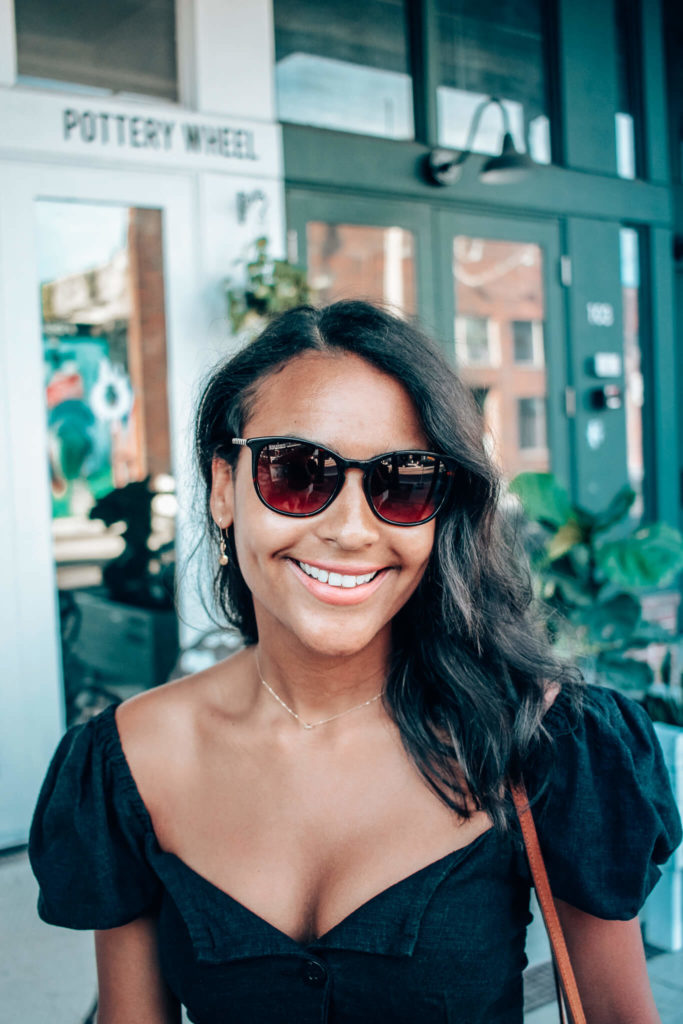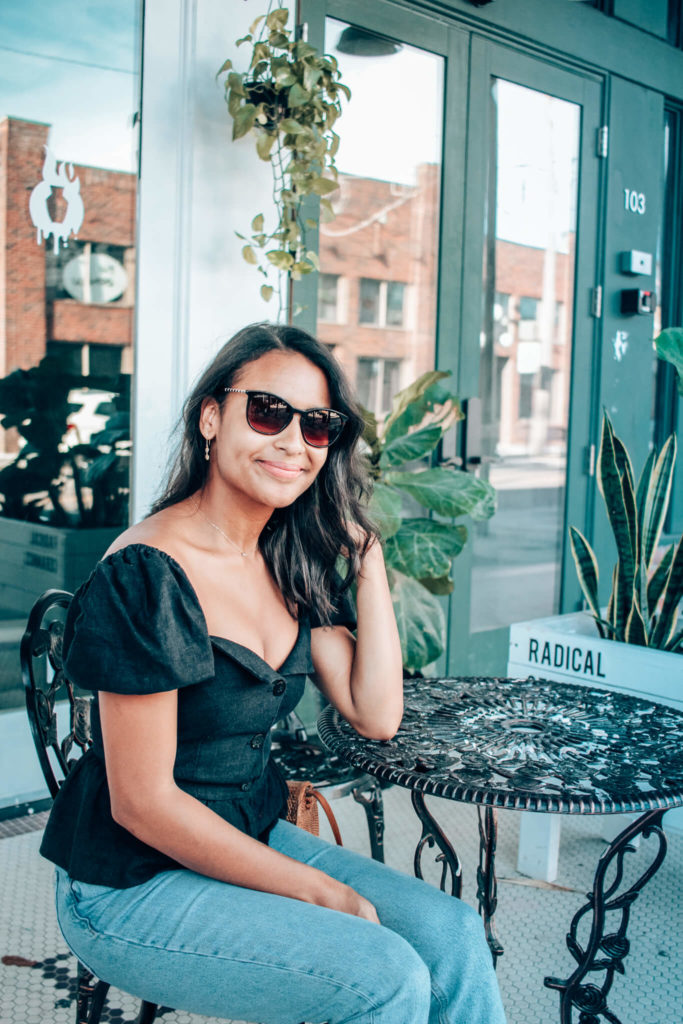Over the past few years, the desire to reduce the negative impact on the planet has increased. Younger generations are becoming more conscious of their purchasing habits and are favoring businesses that align with their sustainable values, such as resale platforms.
This new sustainable wave has made room for resale disruptors. The luxury secondhand market is growing four times faster than the primary luxury market, at 12 percent per year versus 3 percent. “It is estimated to be worth around US$28 billion but is predicted to almost double to US$51 billion by 2023,” says Max Bittner, CEO of luxury resale platform Vestiaire Collective.
Buying secondhand gives people the opportunity to begin their journey into sustainable fashion. It meets the expectations of consumers looking to elevate their social status by acquiring pieces that are rare or carry status at a lower price-point. Retailers such as Fashionphile and The RealReal are leaders in luxury resale, allowing its consumers to buy and sell pre-loved luxury and high-street items on its platforms, providing a conscious alternative to fast fashion.
I’ve been a big fan of these platforms, but it took me a while to actually make a purchase. It does require a mindset shift to buy secondhand as we are so used to buying new. My trick is to type the words “pristine” or “w/ tags” first to find those pieces that are brand new and then search for pre-loved ones.
This is how I bought these Balmain sunglasses, which I’ve been receiving so many compliments lately. My accessory motto has always been to buy less and buy better, which has now become an overall motto. This is my second pair of sunglasses in almost six years. I felt like it was time to add a new pair, and I knew I wanted to get them in a more conscious manner. The RealReal was a great marketplace for it!
The circular economy, a system aimed at eliminating waste and the continual use of resources, is another driver of the luxury resale growth. Its premise is to move away from the current take-make-waste model and as luxury goods are durable and timeless by nature, it makes them a good fit for this new system.
The luxury sector is still dipping its toes into the luxury resale market. But by judging consumers’ awareness of how polluting the fashion industry is and the benefits extending the life of a product, I believe brands will need to become part of the circular economy and partner with resale sites to remain relevant and cater to environmentally-conscious consumers.






